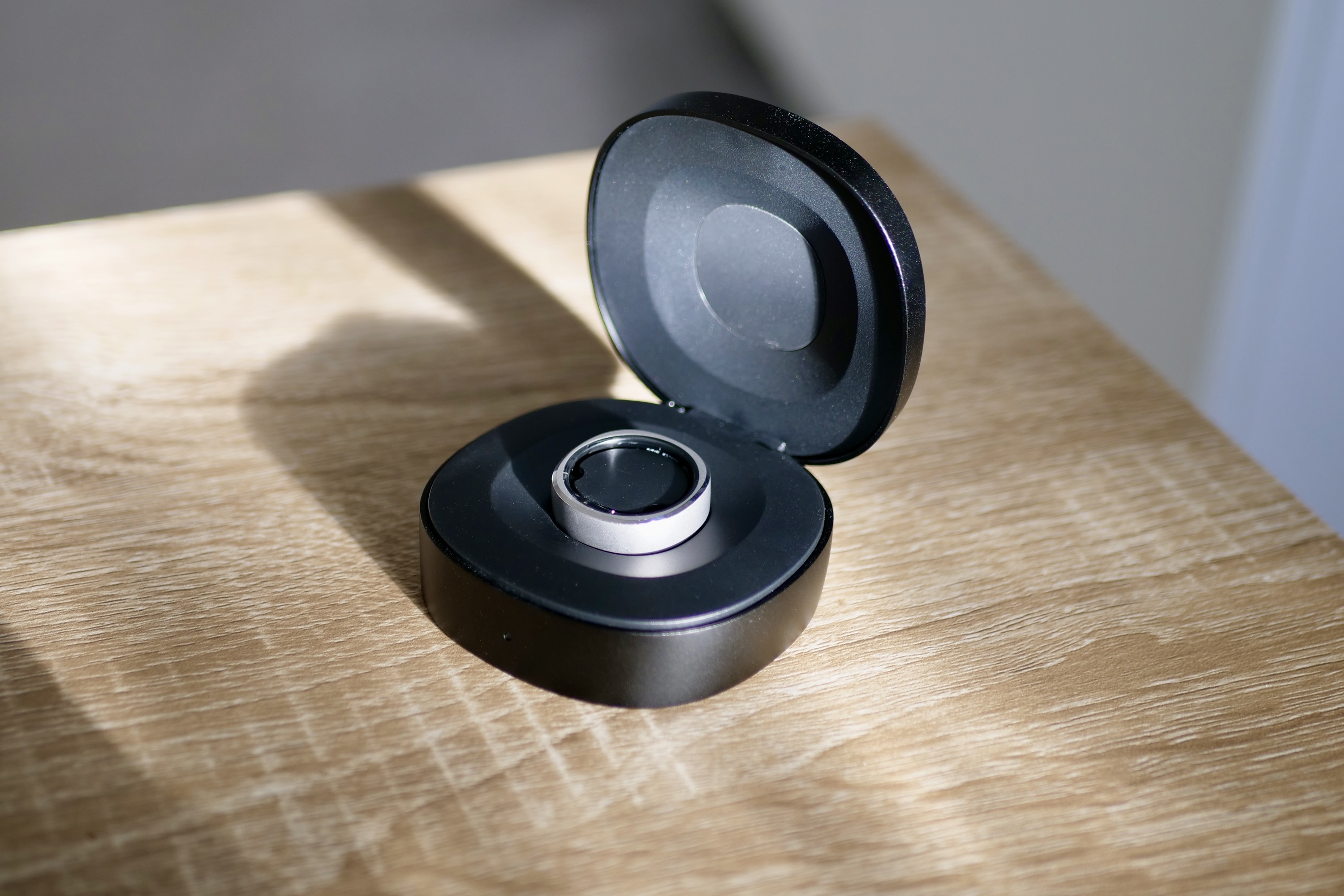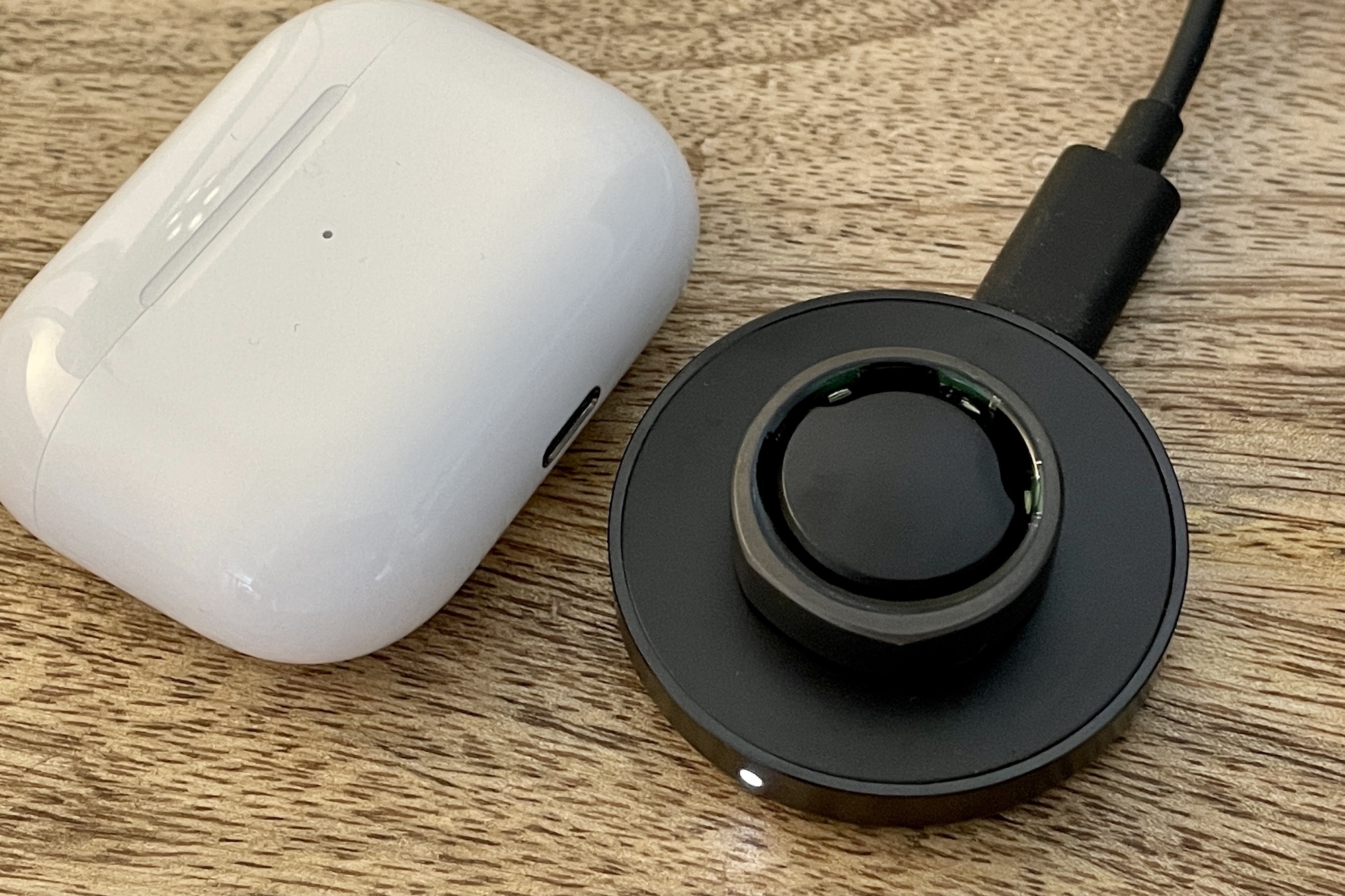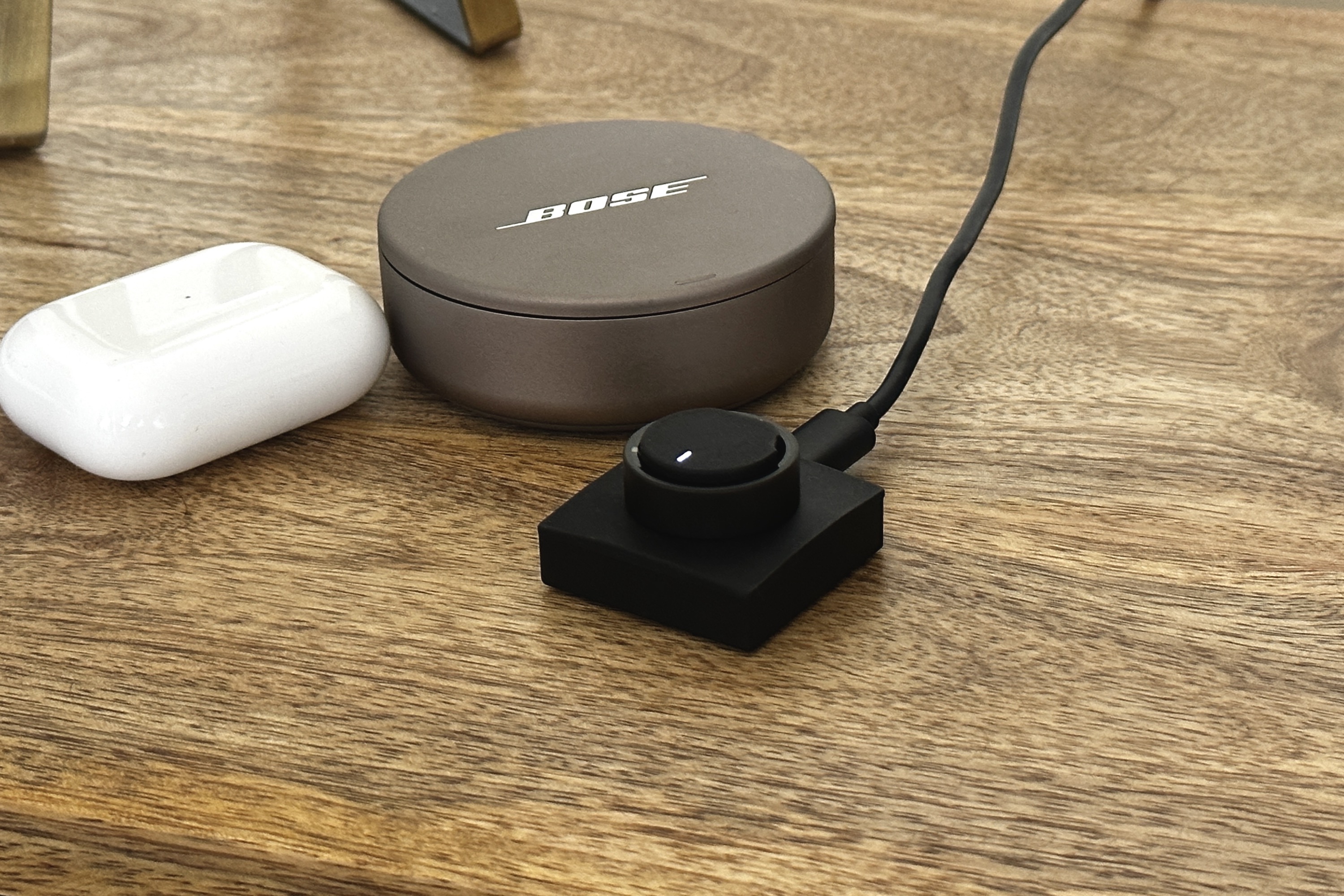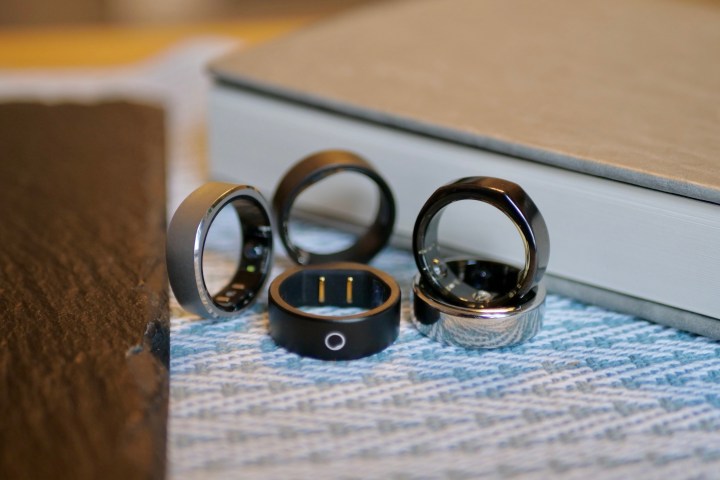
The choice of smart rings is growing, and if you’re tempted by one, it’s a great time to get started. However, buying a smart ring isn’t like buying a smartwatch or a Fitbit. There are specific aspects to a smart ring that you should consider before choosing and purchasing one, especially if you’ve never worn a ring of any type before.
I’ve worn an Oura Ring for several years, plus I’ve spent many weeks reviewing the Ultrahuman Ring Air and the RingConn Smart Ring, am currently testing the Circular Ring Slim, have spoken in detail about the forthcoming Movano Evie smart ring, and have high hopes for the Samsung Galaxy Ring too. Here’s what I’ve learned about owning and using a smart ring — and what you should know before getting one yourself.
Get a sizing kit
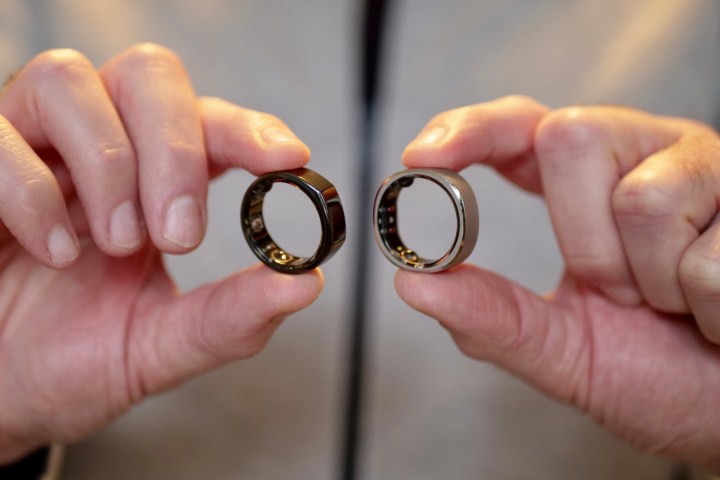
The rest of the list isn’t going to be in any particular order, but my first piece of advice is probably the most important out of all of the tips. Before you buy a smart ring, make sure you order the official sizing kit first. Don’t skip this step, even if you have worn rings or a smart ring before.
A sizing or fitting kit is a collection of plastic rings in the same shape as the smart ring you want to buy (complete with fake sensors and other design elements), all presented in different ring sizes. They are either sent for free by the company or for a low cost. You try on each one until you find the right size for you, then it’s advisable to wear it for at least 24 hours, which is important because your fingers will swell and shrink at different times of the day and in different weather conditions.
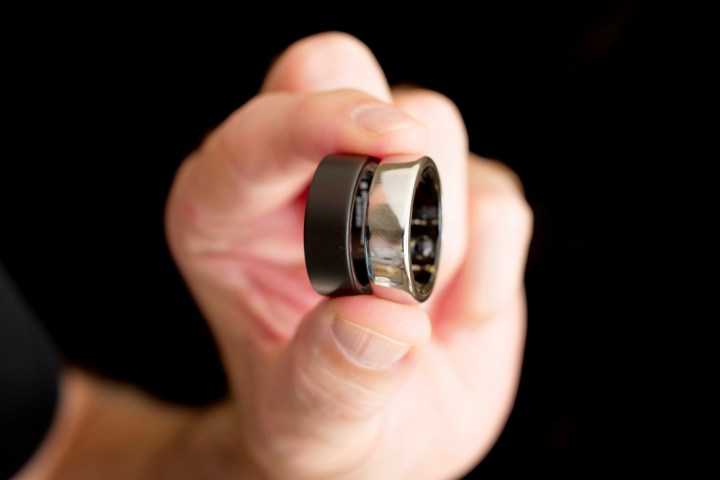
Don’t be tempted into thinking you can buy your usual ring size. I wear a size 11 Oura Ring, but a size 11 Ultrahuman Ring Air was much too big for me. The size 11 RingConn Smart Ring is also slightly larger than my Oura Ring but fits on the middle finger of my left hand without a problem. Meanwhile, I had to order a size 10 Circular Ring Slim if I wanted it on my usual right-hand middle finger, as the size 11 Circular was also too big for me.
If you get the wrong size the smart ring will be uncomfortable, it could slip off your finger if it’s too big, or if it’s too small then it may not come off at all without a fight. The sensors used to measure your heart rate, blood oxygen, and skin temperature need to be in contact with your skin, and if the ring is too big, you may get poor results, making the ring’s data less accurate.
Seriously, get a sizing kit

Using a sizing kit before buying a smart ring is so important I’m putting it down twice. The first reason you need to use one is to get the right size, but the second reason is all about establishing whether a smart ring is for you or not. There’s a chance you may never have worn a ring before, and living with one on your finger all the time is not the same as wearing a smartwatch.
A sizing kit lets you try out life with a smart ring. These are expensive items, and you’ll want to know if you find them comfortable enough to wear all the time; the plastic version is the ideal way to find out. Put the right one for you on and wear it to do everything you would normally do. Like every health monitoring device, you need to commit to it to get the most from it, so if you find it annoying or it interferes with your everyday life in some way, it’s best to find out before buying one.
None of the smart ring companies I listed above require you to have used a sizing kit before returning or exchanging a smart ring, but Oura makes it very clear it won’t exchange for a different size, style, or color more than once, so getting your order right in the first place is very wise. A sizing kit is an essential part of the journey into smart ring ownership.
What do you want from a smart ring?
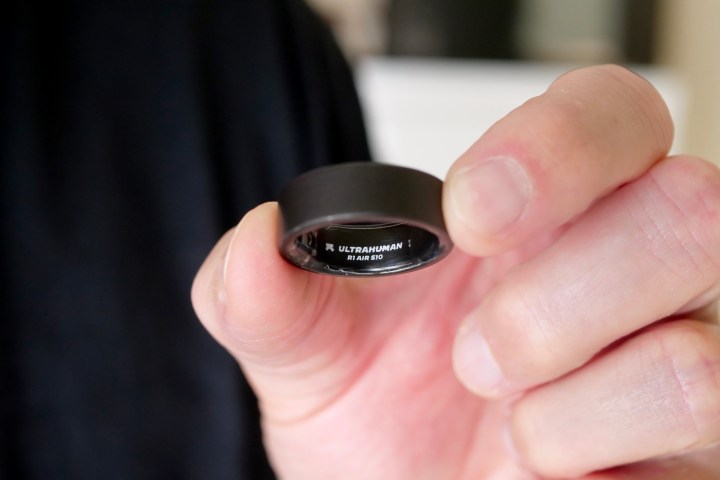
Understanding what you’ll get from wearing a smart ring is crucial. Smartwatches are multifunctional, providing notifications from your phone, health and fitness tracking, apps, and even making calls. Smart rings are primarily health-tracking devices, and if you want notifications, a screen, or apps, you will either want a different device — or you’ll need to wear a smartwatch and your smart ring.
But it’s even more nuanced than that. The current range of smart rings is very good at tracking sleep but less so at tracking workouts. If you’re running a marathon, doing competitive sports in a serious way, or hiking over a long weekend, a smart ring isn’t capable of giving you the insights you’d get into your performance, effort, and recovery from a sports-orientated smartwatch like the Garmin Epix Pro (Gen 2) or an Apple Watch Ultra 2.
Each smart ring I’ve tested has approached fitness tracking differently, and if you’re a casual exerciser, one will definitely still suit you, but keep your expectations in check if you take fitness and fitness tracking very seriously. I’d recommend the Ultrahuman Ring Air if you want to get the most fitness-orientated model, with the Oura Ring and its very reliable auto workout tracking a close second, while the RingConn Smart Ring is strictly for sleep tracking only now.
Think about your environment and lifestyle
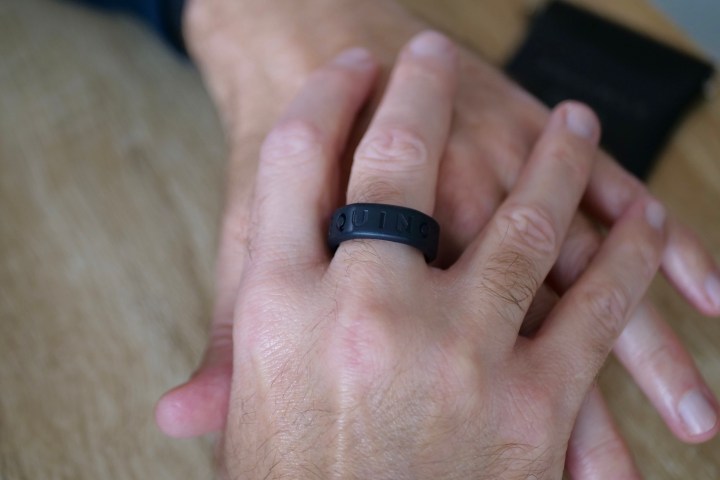
Most of the smart rings I’ve tested have been made of titanium with a choice of different color finishes, and for the most part, they have proven to be comfortable, unobtrusive, and durable. However, it’s worth thinking about your lifestyle before committing to a smart ring, as a smartwatch may still suit you better.
For example, if you lift weights, the smart ring will grind against the bar. Not only is this quite unpleasant and distracting, but over time, it will mark the metal finish and ruin the look of your smart ring. Sure, you can take it off before you exercise, but in my experience, once you start taking these things off, eventually, you forget to put it back on — and that’s not good. RingConn does sell a cover for its Smart Ring for exactly this kind of eventuality, and if you get a specific Oura Ring package, a custom cover is part of the deal, too.
What else? I take my smart ring off when I wash my car, as I don’t want to damage the paint with it accidentally, and if you often wear gloves, a smart ring can be a little annoying, too. If you’ve worn a ring on your finger before, some of this may already be familiar, but a smart ring is thicker than a non-smart ring, so issues may be worse in some situations. These aren’t necessarily reasons not to buy a smart ring, just things to consider about your lifestyle and how one may impact it before you do.
Consider long-term costs
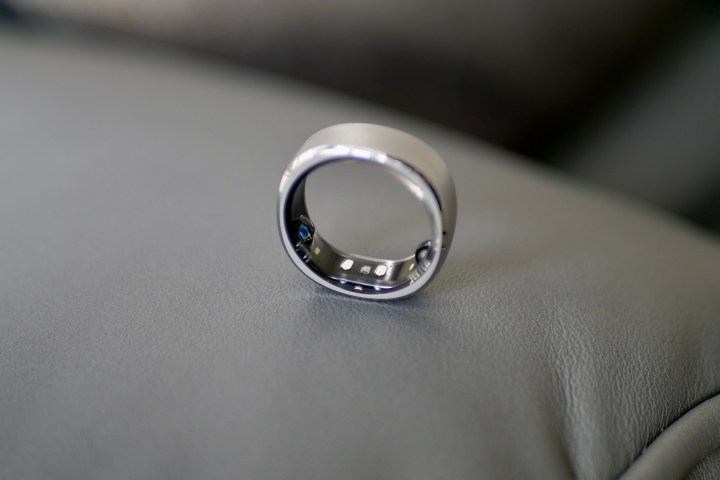
The Oura Ring, which we consider the best smart ring you can get at the moment, comes with a requirement to pay an ongoing subscription to access the app. It costs $6 per month on top of the $299 or more initial cost of the ring. The RingConn Smart Ring, Ultrahuman Ring Air, and Circular Ring Slim do not have a subscription tied to the app, so you pay one price for the hardware, and that’s all.
No one wants to pay a subscription for health and fitness tracking, but it’s not uncommon for companies like Fitbit to place certain features behind a paywall. With Oura, almost all the features are subscription-only, so paying is a necessity. However, the app, its data, and its many features make it worth the cost, no matter how unpleasant.
Knowing how much a smart ring will cost you over time — and whether paying each month for access to the app will benefit you due to your requirements and what you hope to get from wearing a smart ring — is an important part of deciding which model you buy. It’s possible the Oura Ring may work out better for you in the long run or that another model without a subscription does all that you want.
Don’t worry about charging
The points I’ve raised so far could be considered negatives, but I will end with a couple of the more enticing yet little-spoken-about benefits of a smart ring. Battery life on the models I’ve tested is around a week, but only if you never put it on a charger until it absolutely needs it. This may be how you live with a smartwatch or phone, but it is not how to live with a smart ring.
Instead, keep the charging plinth next to your bed and put it on charge each morning while you get ready. Even just 20 minutes of charge each day, or every other day, will mean you never have to fully recharge the battery or worry it will suddenly run out of power. Topping up the battery like this makes a smart ring a wear-and-forget health tracker, leaving it to do everything you want without any battery anxiety at all.
You can wear what you like on your wrist
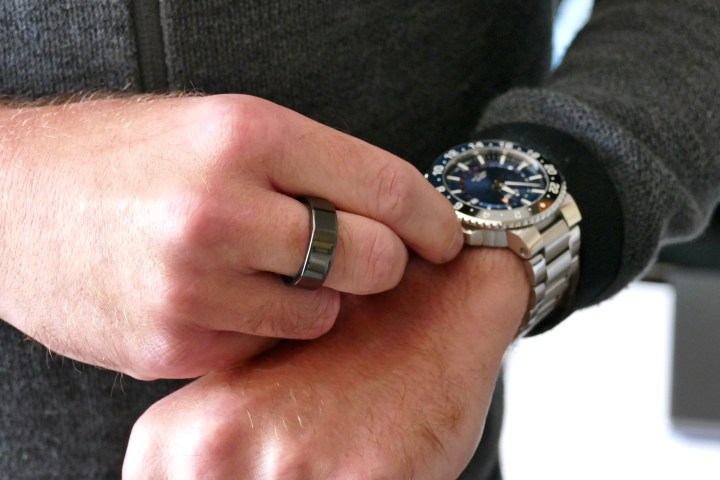
The last thing I want to highlight is possibly a little niche, but I’m willing to bet some won’t have considered it, yet I think about it regularly. Smartwatches require a commitment to wearing them, and to a watch fan, this presents a problem. What if you have other watches in your collection and like to wear different ones but still track health, sleep, and activity?
You can wear a different watch on each wrist, but that’s not for everyone, or look at a fancy hybrid like the G-Shock GPR-H1000 Rangeman, but that’s one of the big benefits of a smart ring. It doesn’t take up valuable wrist space but still provides most of the tracking data you want. Plus, I think they look great, too, so you end up making a strong style statement by wearing a traditional watch and a smart ring together.
With Samsung set to launch its own smart ring, the Galaxy Ring, in 2024, more people will be introduced to this exciting, convenient, and powerful health and fitness tracking tool. These tips apply to all current smart rings but will also almost certainly be appropriate for models not yet released at the time of writing. Smart rings are excellent but require a little additional thought before buying compared to a smartwatch. Provided you’re prepared, I think you’ll love owning a smart ring.
Editors' Recommendations
- One of the biggest Oura Ring competitors just did something huge
- Nothing can stop the Oura Ring
- Is this new smart ring the Oura Ring killer we’ve been waiting for?
- There’s a big problem with smart rings
- I’ve never used a folding phone like this one before

